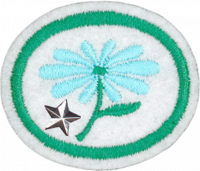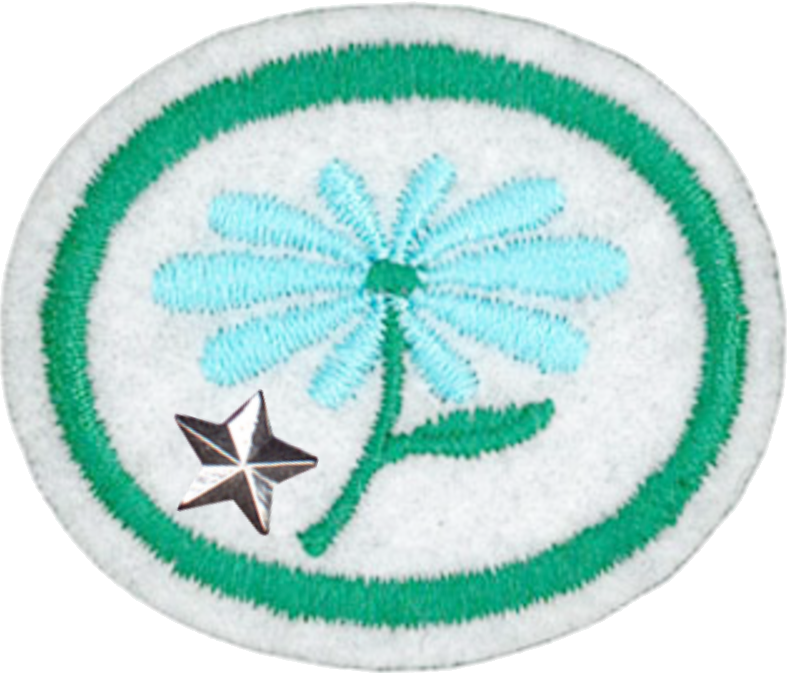Difference between revisions of "AY Honors/Flowers - Advanced/Requirements"
m |
m (- Category of Honor Requirements) |
||
| (One intermediate revision by the same user not shown) | |||
| Line 4: | Line 4: | ||
<b>1. <section begin=req1 /><noinclude><translate><!--T:1--> | <b>1. <section begin=req1 /><noinclude><translate><!--T:1--> | ||
| − | </noinclude>Have the | + | </noinclude>Have the Flowers honor. |
<noinclude></translate></noinclude><section end=req1 /></b> | <noinclude></translate></noinclude><section end=req1 /></b> | ||
| Line 49: | Line 49: | ||
<noinclude></translate></noinclude><section end=req8c /></b> | <noinclude></translate></noinclude><section end=req8c /></b> | ||
<section end=Body /> | <section end=Body /> | ||
| − | |||
| − | |||
| − | |||
| − | |||
| − | |||
| − | |||
Latest revision as of 22:23, 20 July 2022
1. Have the Flowers honor.
2. Photograph, collect pictures of or sketch 75 species of flowers. Make a scrapbook from these and correctly label each flower.
3. Give the distinguishing characteristics of the flowers of each of the 12 common plant families.
4. Prove ability to use plant keys to genus and species.
5. Tell the difference between perfect and imperfect flowers. What is meant by pistillate and staminate flowers? Give an example of monoecious and dioecious plants. Tell the difference between monocotyledons and dicotyledons.
6. From the Bible point out two spiritual lessons in which writers used flowers for illustrations.
7. Name and describe eight poisonous plants, noting the particular part of the plant that is poisonous.
8. Do one of the following:
- a. Name five plants that are of medicinal value and indicate what part of each plant is used.
- b. Name ten wild plants that are edible in root, stem, or leaf.
- c. An option from requirement 6 of the Flower Honor not completed for that Honor.


